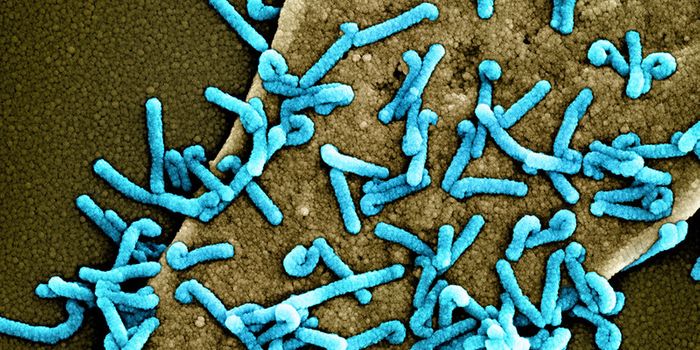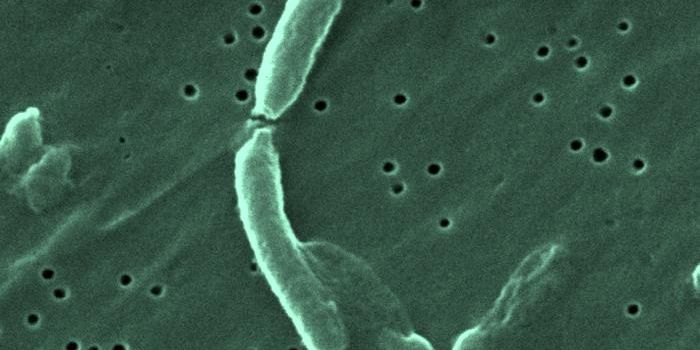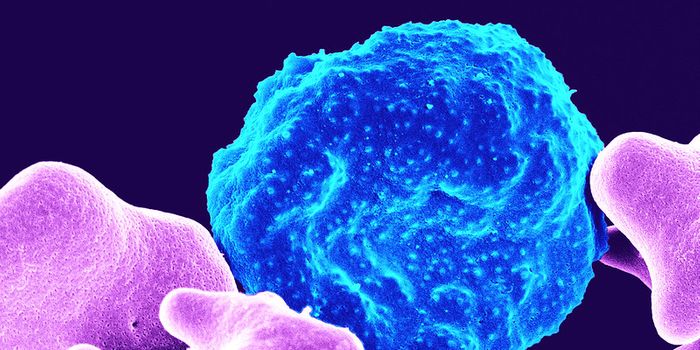Childhood Vaccine May Help Prevent Severe COVID-19 Cases
Vaccines that contain live attenuated viruses may be giving people some protection from serious cases of COVID-19 that involve inflammatory responses that go into overdrive, like cytokine storms and sepsis. One such vaccine is MMR (measles, mumps, and rubella). New research has suggested that these vaccines can stimulate immune cells in a way that primes white blood cells to react more effectively when they encounter other unrelated infections. The findings have been reported in mBio.
The protection that's provided by the vaccine is not directed specifically at a virus like SARS-CoV-2, but acts in a more general way to mitigate an uncontrolled inflammatory response that can be triggered during the infection. Research involving experimental models suggested that long-lived cells called myeloid-derived suppressor cells (MDSCs) may be involved in this process.
The scientists involved in the study note that while adults may have gotten the MMR vaccine as children, it may not still be providing this protection and a booster is advisable to reduce the risk posed by the pandemic.
"The use of childhood live attenuated vaccines such as MMR given to adults to induce bystander cells that can dampen or reduce severe complications associated with COVID-19 infection is a low risk - high reward preventive measure during a critical period of the pandemic," said study author Paul Fidel, Jr., Ph.D., Professor and Director of the Center of Excellence in Oral and Craniofacial Biology and Associate Dean for Research at LSU Health New Orleans School of Dentistry.
"These bystander cells are long-lived but not life-long. Anyone who had an MMR vaccination as a child, while likely to still have immune antibodies directed against measles, mumps, or rubella, will not likely still have the immune cells directed against sepsis. So, it could be important to get the MMR vaccination as an adult to protect better against COVID-related sepsis."
Researchers in several locations in Europe are now trying to determine if the live attenuated tuberculosis vaccine can provide this kind of immune primer.
Fidel and study co-author Mairi Noverr, Ph.D., Professor of Microbiology & Immunology at Tulane University School of Medicine in New Orleans suggested that the activation of MDSCs are part of the immune response's training and this may be reducing the severe lung inflammation that's been associated with COVID-19.
"While we initiate the clinical trials and animal model studies to test the hypothesis that the MMR vaccine given to adults induces the bystander cells that we propose can inhibit the severe lung inflammation/sepsis associated with COVID-19 infection, we suggest adults working in high-risk settings who are not immunocompromised, pregnant or allergic to vaccinations, get an MMR vaccine/booster," Fidel noted.
"If we're correct, an MMR-vaccinated person may suffer less if infected with COVID-19. If we're wrong, the person has better immunity to measles, mumps, and rubella. A sort of no harm no foul action."
Sources: AAAS/Eurekalert! via Louisiana State University Health Sciences Center, mBio









